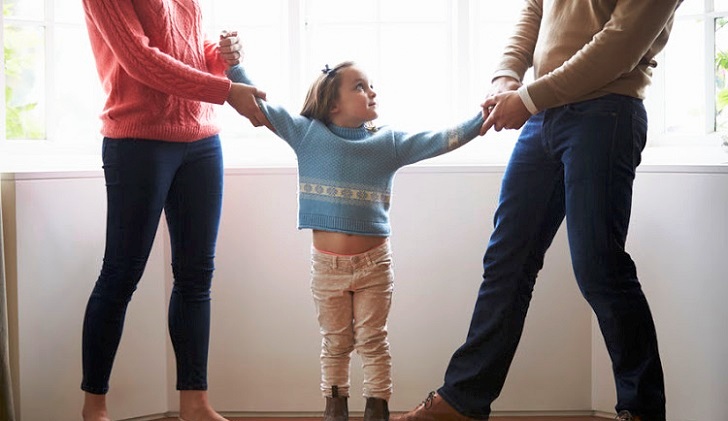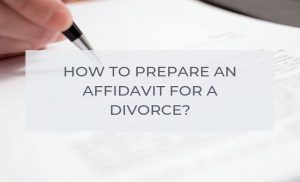
What Sole Parental Responsibility Means For Divorced Parents And Their Children
One of the fundamental principles of family law in Australia is that when parents get divorced the parental responsibility for their children is shared equally unless there is an extremely compelling reason why that should not be the case. Many clients, especially mothers, are somewhat surprised when their family lawyer from www.lawyerslist.com.au, tells them that regardless of how poor a parent their ex is, they will still share parental responsibility.
The assumption of many people that mothers will have full custody and the sole right to have the responsibility of their children still exists, even though it was way back in 1975 that the introduction of the Family Law Act made shared parental responsibility the default legal position.
The only way that this default position will not exist is when it can be shown that one of the parents is incapable of sharing or unfit to share parental responsibility for their child or children. Examples of this might be where a parent is a heavy drug user, has a history of domestic violence, or is completely absent and unable to be traced.
However, even in these circumstances, and given that the court has an obligation to consider what is in the best interests of the child, family law still stipulates that, where possible, there should at least be some contact between a child and each of their parents. This means that although they may not be given a share of the responsibility for their child, a parent may still be granted visitation rights.
Where shared responsibility is not possible or not ordered by the Family Court, the usual position will be that sole parental responsibility is granted to just one of the parents. The actual remit in terms of sole parental responsibility is exactly the same as joint with regards to looking after the welfare of the child.
This means that instead of having to discuss and agree upon many of the important decisions relating to the child with that child’s other parent, each decision can be made solely, although it must still be made in the best interests of the child. The areas of the child’s life that these decisions relate to, include:
- Determining where the child will live
- Current and future education including which schools they will attend
- Health matters, including major medical procedures such as surgery
- Cultural upbringing and religious upbringing
- Changing the child’s name such as to that of a step-parent following remarriage
- Arranging for and authorising travel documents such as their passport
- Commencing legal action on behalf of the child
If a sole parental reasonability order is granted by the Family Court, it is unlikely that it will stipulate this is to be the permanent position. As we mentioned, family law is such that it is geared towards the child having contact with both parents, so the court may make the order a temporary one, and it may also have some reference to what the other parent must do for the parental responsibility order to be made a shared one
The situation might be that one parent is on a recovery course for alcoholism, drug use, or even abuse, and thus the court might not be willing to grant them shared parental responsibility at this point. However, it will leave open the possibility of it in the future, assuming that the parent completes their recovery and can show the court that they are fit to be given the share reasonability for their child.




